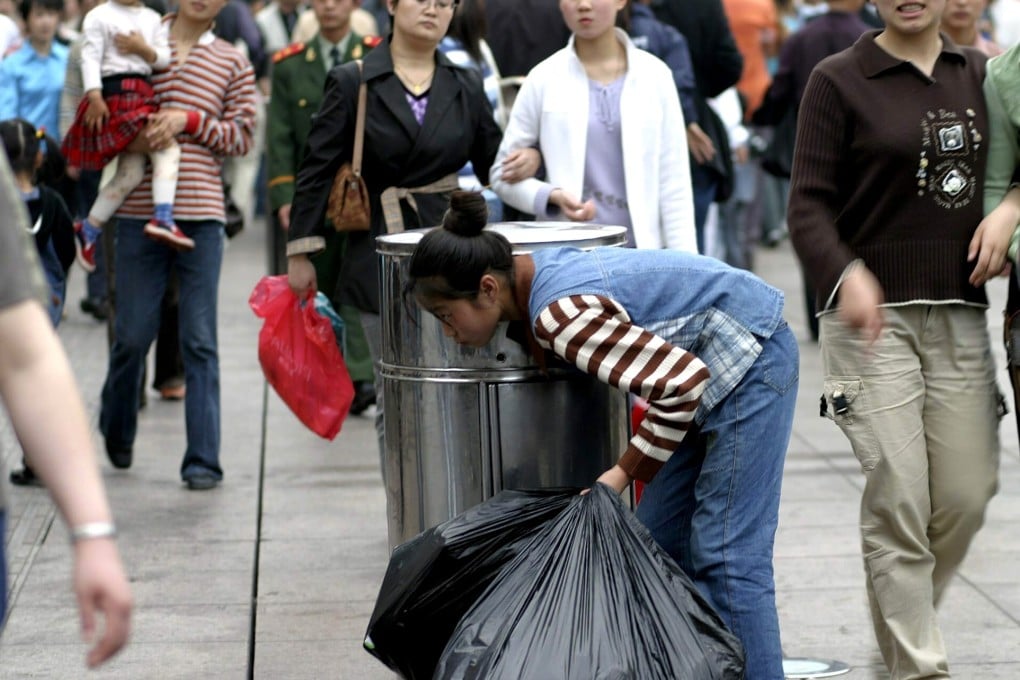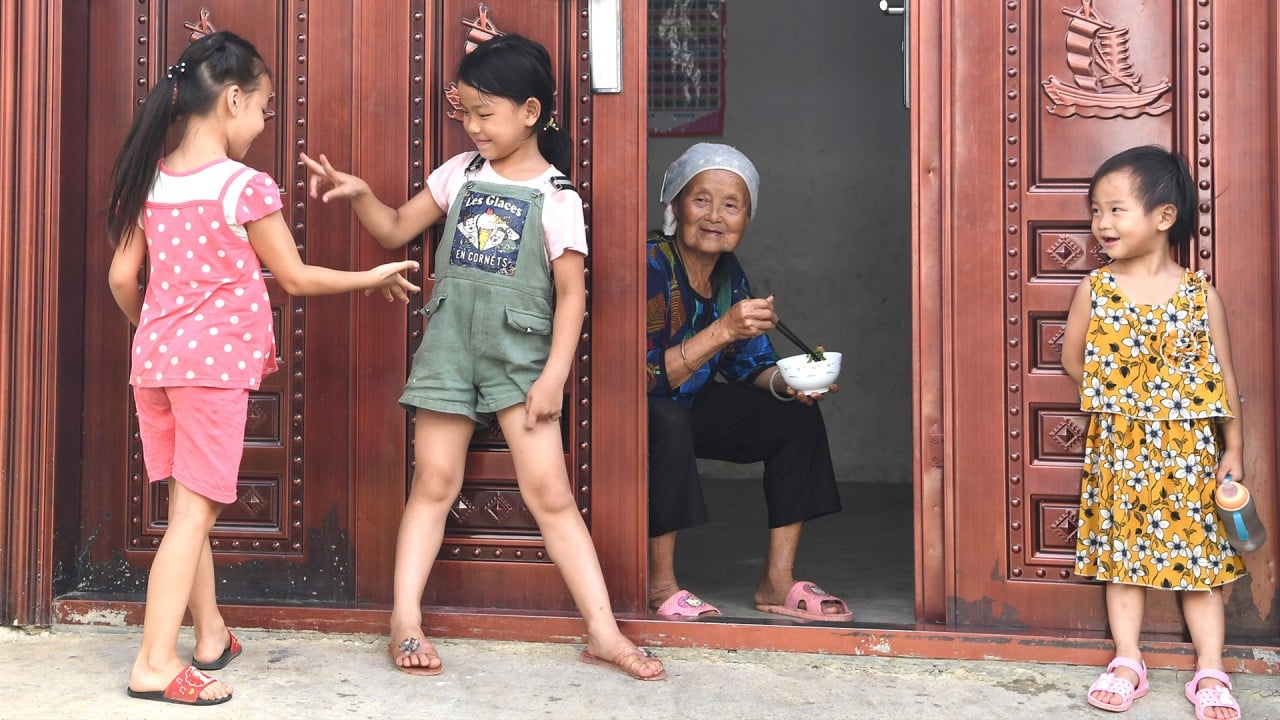How China’s ‘dibao’ social safety net is being used to silence dissent, according to one researcher
- China’s minimum living standard guarantee, known as ‘dibao’, was conceived as a social safety net to help the poor during a period of reform in the 1990s
- But over time it has transformed into a means to control ‘targeted populations’ and repress social unrest, says Jennifer Pan, from Stanford University

The role of China’s social safety net programme, known as dibao, has shifted over time from providing support to the poor and vulnerable to being used partly as a tool to repress dissent, according to research from a US-based social scientist.
The minimum living standard guarantee is China’s sole social security programme targeted at reducing income inequality. The scheme provides unconditional cash transfers and benefits to recipients whose income falls under a threshold set by local governments.
But what has long puzzled scholars – and many dibao applicants – is its opaque and seemingly inconsistent eligibility standards. A 2012 study from Chinese Academy of Social Sciences found that only 20-30 per cent of households entitled to the benefit ended up receiving it.
Jennifer Pan, author of the recently published Welfare for Autocrats, which introduces the idea of “repressive assistance” in China, thinks she may have struck on an explanation.

02:47
China looks to boost its middle class as it wraps up Xi Jinping’s anti-poverty drive
In its early years, dibao was used mainly to help reduce urban poverty as reform of state-owned enterprises led to mass lay-offs in the 1990s. But the programme gradually became part of Beijing’s regime to maintain stability in the 2000s, following crackdowns on practitioners of Falun Gong, a spiritual movement considered an evil cult.
